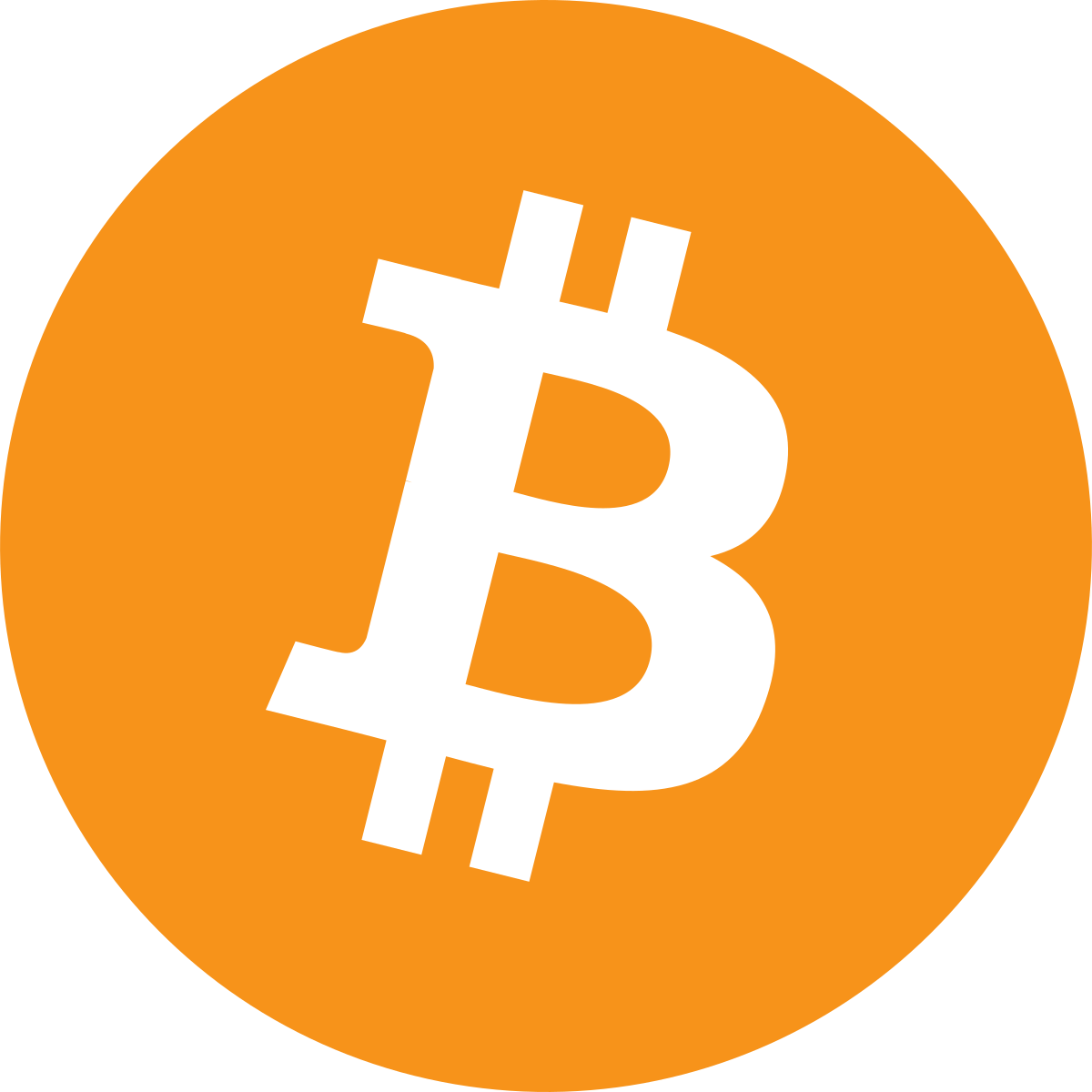Following is the concept of an energy game.
Let us first introduce the reward of this game. In this case, we shall name it Fedicoin.
Fedicoin is not associated with the Fediverse, it is a coinage of the in-game credit.
a. Participants have to perform tasks to receive rewards. This task does not involve doing anything physically and is more of a monetary investment.
b. Any user can participate in the game actively, thereby expanding the game network and receive consensus rights in the network.
c. The reward can be redeemed by goods or services, digital or physical, from another participant(s) or user(s). This includes the service of gifting, where some fiat currency(or physical equivalent) is gifted to a participant in lieu of Fedicoin.
d. The game is to earn Fedicoin incurring minimum energy expense by completing the pending task on the network(hence earning right to sign on the task in the network publicly).
e. The validity of this game is limited to the participants of this game. The game network is kept afloat by broadcasting and acknowledgement of task completion amongst participants in the game.
f. Users can buy into this game using fiat money, that is, they can be gifted Fedicoin by virtue of game transactions by other users in the network. Users do not need to actively participate in tasks on the game network. Instead, they rely on the continuity of the game’s network to transact with other users on the network.
g. Participant(s) are rewarded based on who first claims proof of completion of the task(via validation of proof-of-work). This reward is “mined” or “leeched” from the other participants’ energy expenditure who had also participated in completion of the task.
h. Fedicoin can also be received by the winner participant(s) directly from users or participants who transact on the network, as a fee for recording user transactions publicly, in the task. The service charge / fee for using the network is decided by user at the time of transaction.
i. This is a “winner-gets-all” betting game where luck and compute(energy and algorithm) is tested against investment during active participation.
j. The complexity, proof-of-work validity and the requirements for the Fedicoin pot per task is decided by the consensus of at least 51% of the active participants in the game network at any point of time.
k. This game may have any number of users and participants, but the maintenance of the sanctity of the network depends upon the consensus of at least 51% of the active participants in the game network at any point of time.
l. The amount of Fiat money that Fedicoin is equivalent to depends upon the goods or service provider it will be exchanged with.
m. The amount of Fedicoin in the game network at any point of time depends upon the total rewards earned by solving tasks till that time.
n. Wallets are registered on the game network to store Fedicoin. A participant or user may use any wallet on the network, provided the key(s) to access the wallet is known. A wallet once used for a transaction is recorded on task completion and is broadcasted to the network. The validity of this wallet depends upon the lifetime of the continuation of the current state of the network(if task record has not been modified).
o. This game can be started by a single participant and the rules of the game are initially specified by this participant. New participants can be incorporated into the game based on consensus at the time of incorporation of the new participant.
Frequently Asked Questions
- Can any wallet be accessed by anyone?
Answer : Yes, provided keys are known.
- Is accessing other wallets illegal?
Answer : No, since there are no rules against wallet access.
- Can investment guarantee Fedicoin return?
Answer : No, since the task needs to be solved first to receive the entire reward pot for that task, along with the transaction fees for the transactions that are to be recorded in that task.
- What is pooling?
Answer : Pooling is employed by certain participants to siphon off compute(and proof-of-work) from other participants’ resources in the pool to complete the task first, the reward of which is then redistributed amongst all participants in the pool, based on compute devoted towards winning the task(ideally based on proof-of-work). The participant, in charge of the pool gets consensus rights only though, in the game network.
- What is proof-of-work?
Answer : Proof-of-work is a documentation of efforts invested to be the first to solve the task, and needs to be recognized by a majority of participants in the network as proof of win. Proof-of-work is necessary to broadcast task completion in the network. Qualification criteria for proof-of-work is decided by the consensus of at least 51% of the participants at any point of time.
- Who decides Fedicoin value against fiat currency?
Answer : Fedicoin is a game currency, which is why anyone can believe it to possess any value. The game network’s consensus has no control over Fiat currency which is why it has no power to regulate exchange value. The value hence depends upon the user or participant in the network at any point of time.
- What happens to the network if all the participants stop maintaining the network?
Answer : The network can be “restored” by any new participant(s). However, this participant(s) can modify(tamper) the task records which might have been associated with transactions.
- What factors decide the reward pot?
Answer : The reward pot at any point of time is ideally decided by the economic viability of investing energy to win the reward. However, the reward pot also depends upon task complexity, participant availability for task completion and network consensus of majority of participants.
- What are the advantages of investing in this game?
Answer : Influencers can influence about this game as a potential earning source or in using the network availability to perform transactions via Fedicoin. As a source of earning, the underlying logic is simple – when the participant loses, the loss is of the energy investment which is a relatively small loss compared to a single win earning big Fedicoin rewards in the game. Conversion of electrical energy to Fedicoin is the reward process of this game.
The game network serves as a decentralized transparent bank for Fedicoin storage for users who decide to exchange real world assets for Fedicoin.
The participants of the game invest in the hardware based business, that involves everything from energy generation to the semiconductor industry and chip assembly.
- What are the disadvantages of this game?
Answer : Available electrical energy is ideally limited to the amount of renewable energy available to Earth at any point of time, which is limited by the sum of maximum energy output of the renewable energy plants. Too much energy investment in the game will increase energy pricing. Too many participants(compared to active users) in the game will increase energy expenditure and increase task complexity. Both these factors will lead to lower investment to reward ratio. The heat footprint contributes to global warming.


